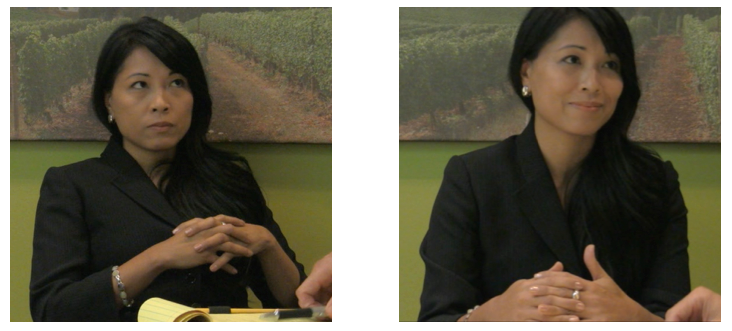Step Six: Get Un-Mad

You have
a choice. You can allow your emotions to control you, or you can take control
of your emotions. This handbook was
created to get you started on the road to taking control of your emotions. But if you are looking at a litigation
situation that could impact your life and the lives of your family or future of
your company or business in a significant way, we urge you to make a financial,
time and effort commitment beyond this handbook and view our video course. It will teach you the skills you will need to
not only take control of your own emotions, but also the skills that will
enable you to take control of the emotions of those who will be judging you
during mediation, arbitration or trial. That sounds like an
impossible task, which is why our online course is so full of neuroscientific research
to illustrate why the skills we teach are so effective.
Whether
or not you chose to take that course, here's where you need to start your
process of getting un-mad, prior to and during the litigation process. You start by embracing a simple philosophy, a maxim that will help to
focus your thoughts during your ordeal: “Everything That Happens Is Good.”
Now, this is not the same thing as the phrase we've all heard many times, “Everything Happens for a Reason." Perhaps that's true, perhaps not, but either way, it begs one to ask unanswerable questions, “Why did that happen? What's the reason?" I've never found the quandary posed by a search for the reason to be emotionally satisfying.
“Everything That Happens Is Good," is a call to action. Here's what we mean by that. When things happen that are clearly not positive (such as getting sued or suing someone), if the first thing you ask yourself is, “Okay, why is this good?", that will send you on a quest to find the good in the situation, rather than doing what comes naturally, which is to focus on why getting sued and having to sue are both bad.
If you are looking for good, what kind of expression are you wearing as opposed to the expression on your face when you are focusing on the bad? So, what can be good about getting involved in a lawsuit? First, you find out quickly who your true friends are. You also learn things really quickly, such as who you can trust and who you can't. You learn to be more careful and take a different tack should a situation like the one that precipitated the suit arise in the future.
I've seen lawsuits alter clients' lives in the most positive ways possible — opening doors they never would have seen without the ordeal. I've seen lawsuits that split companies in half and watched both parties eventually benefit tremendously from the split. I've seen lawsuits that caused companies to create and adopt new policies and practices, thus preventing similar suits in the future.
I've seen marriages that were strengthened by the ordeal of someone suing the company they owned together. I've seen line employees, managers and C-Level executives work extremely closely together to defend the actions of all, and in doing so, create a heightened sense of teamwork and morale leading to improved corporate culture.
I've even seen an extremely wealthy client who came to grips with the good in defeat. She lost a suit in which she was the plaintiff, had to declare bankruptcy and lost virtually all of her possessions — including her wedding ring. So, where was the good? Her daughters, for the first time in their lives, learned what life was like for the vast majority of people in the world. A life of wealth and privilege is a wonderful thing. But for them to witness the strength, determination and resiliency of their mother — in the face of defeat — was the most ironic of priceless gifts.